teaching
As an Austrian-born American, Arnie knows what it’s like to step out of your comfort zone when learning English as a second-language.
When the Ministry of Education said “pass the baton,” some folks threw it in the trash instead.
Assistant Language Teacher quickly learns that Japanese doesn’t always translate properly into English.
The Ministry of Education, Culture, Sports, Science, and Technology says that in three years teachers might get their holidays to themselves.
Sometimes it just takes the right kind of push to get the words flowing across the paper.
Read More
Reports say the Canadian teacher regularly spanked children and shoved books into their mouths.
Students who add and multiply with the numbers in the ‘wrong’ order are getting their answers marked as incorrect? Japanese net users weigh in.
Being a teacher is one of the most rewarding yet difficult jobs one can do; on the one hand, you’re helping to shape the next generation, and you get to help kids learn and grow. On the other hand, though, kids will be kids, and you’ll always have those one or two students who really know how to get under your skin.
Even the most patient teacher has their limit—they’re still human after all. Like this Japanese high school teacher, who apparently had it “up to here” with students spitting their gum out on the floor. So what did he do? Wrote a scathing note of epic proportions and pinned it to the wall for all to see.
“All students must play with their cellphones constantly for 90 minutes” and “Any student bringing the appropriate textbook will be removed from the classroom” were among the new rules announced in a Japanese university English class last week as one lecturer attempted to tackle lazy, inattentive students who text in class and forget homework. The beleaguered teacher distributed her new anti-manifesto for classroom behaviour along with a gloriously bizarre expletive-laden worksheet, both of which were posted by a student on Twitter with the caption “Sensei finally cracked”.
I did say expletive-laden. So if you’re reading this in class, make sure your teacher doesn’t catch you reading the swear words.
When you speak to foreign English educators in Japan, one thing becomes crystal clear: English education in Japan isn’t working. It’s just awful. While English classes are mandatory in Japanese schools, the percentage of students who emerge with actual English abilities are surprisingly low. Students in China, Korea and Japan are in an arms race to see who can produce students with the best English, and Japan seems to be trailing far behind in third place.
With the Olympic Games coming up in 2020, the Japanese government has proposed changes to increase the level of English ability in their students. Changes like starting introductory English classes in 3rd grade elementary school and making the subject compulsory from the 5th grade. Are these changes really going to help? We’ve gathered opinions from both foreign teachers and Japanese citizens about issues with the system and what might improve it.
Have you spent years mastering the arts of ninjutsu and poring over ancient scrolls, learning secret techniques and studying under august masters, and practicing stealth tactics over and over and over again…. only to find out, to your horror and despair, that there just aren’t any jobs out there for a ninja? Well, don’t worry! The Japanese government has a job for you.
You could teach elementary school kids!
Japan has a reputation for overworking its employees, though it’s hardly the only country! But when it comes to education, you’d expect Japanese teachers, whose students often score among the top in the world on standardized tests, to be solely focused on their classroom materials. But you might be wrong!
One public middle school teacher has recently gotten a ton of attention online for a blog post about her impossible-to-manage duties as a “club leader” and her desire to actually change occupations due to the intense schedule. Read about her experience and the intense reactions below.
Earlier this week, we ran an article featuring the most hated insects in Japan. This article revealed that 40.4% of those surveyed dislike all bugs, no matter what kind.
In addition, an article from Karapaia discloses that an overwhelming amount of teachers in Tokyo admit they are afraid of insects. In order to encourage these teachers to successfully incorporate nature observation and science experiments in the classroom, the Tokyo Municipal Board of Education will begin offering lectures featuring simple science experiments and animal care classes next spring, including a lecture on how to touch insects. These classes will be held at universities and zoos and are aimed at elementary school teachers who have limited knowledge in the field of science.

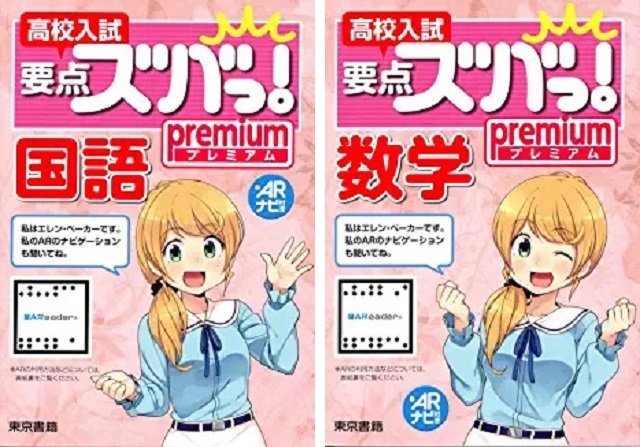


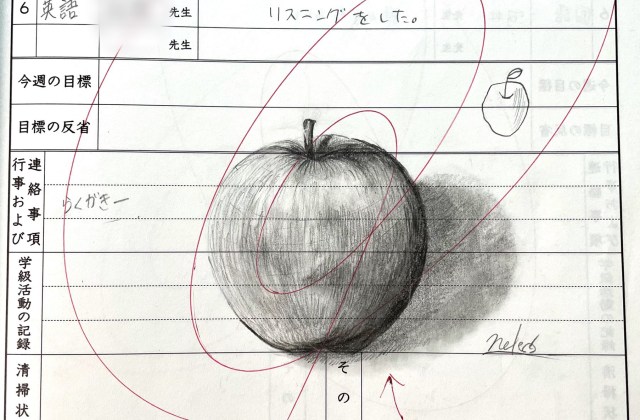




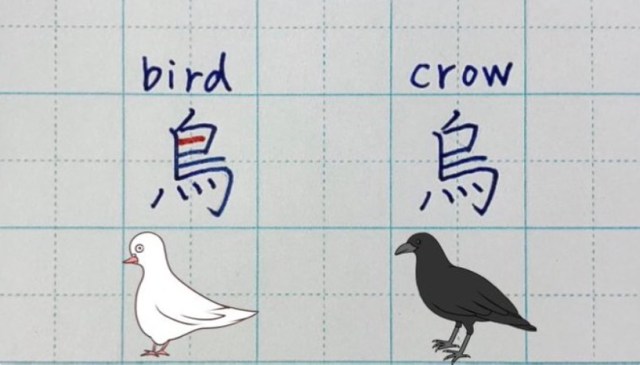



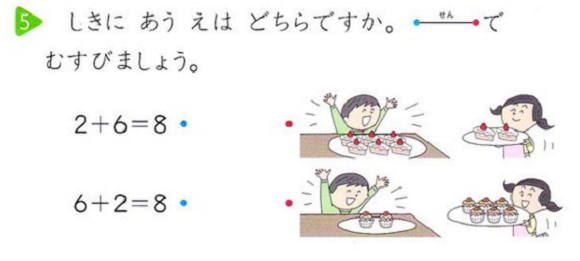
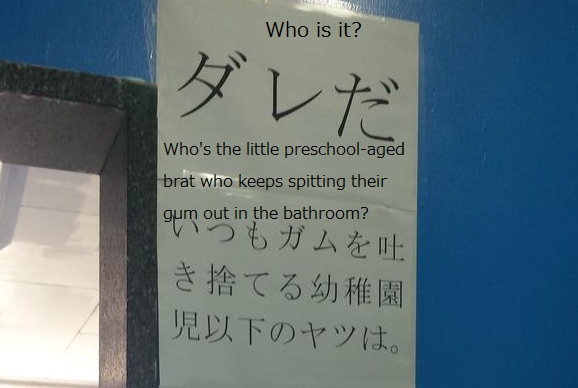
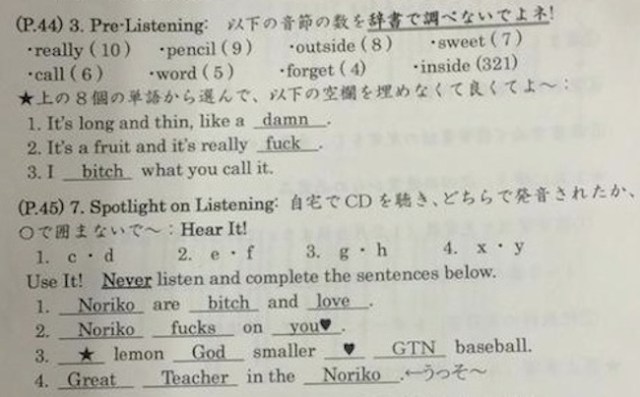
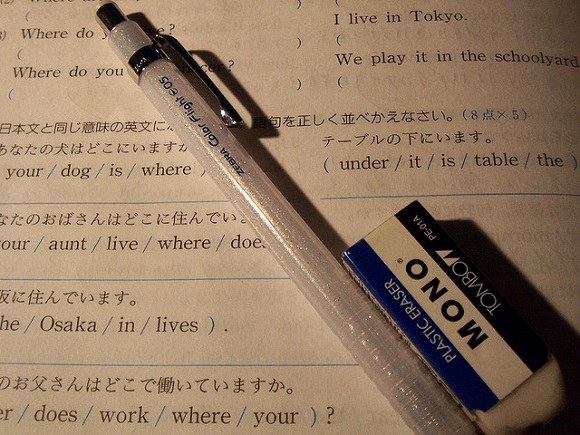
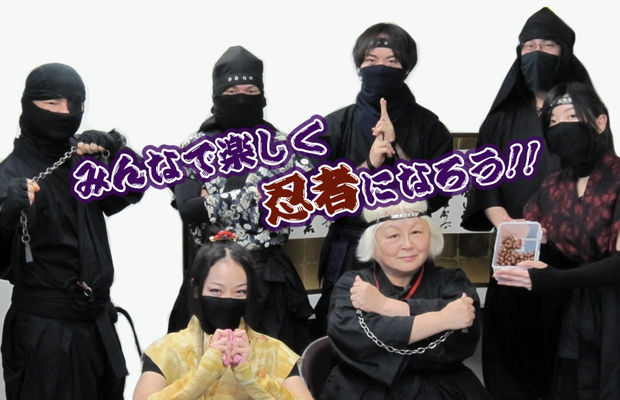
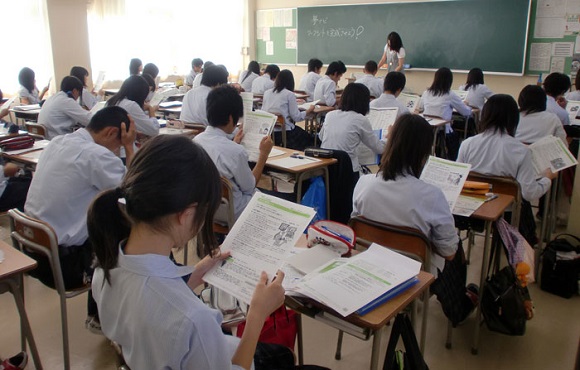
 Hey, 2020s kids! The ’90s have a sticker picture message waiting for you in Tokyo
Hey, 2020s kids! The ’90s have a sticker picture message waiting for you in Tokyo Burning through cash just to throw things away tops list of headaches when moving house in Japan
Burning through cash just to throw things away tops list of headaches when moving house in Japan Starbucks Japan releases new sakura goods and drinkware for cherry blossom season 2026
Starbucks Japan releases new sakura goods and drinkware for cherry blossom season 2026 Starbucks Japan unveils new sakura Frappuccino for cherry blossom season 2026
Starbucks Japan unveils new sakura Frappuccino for cherry blossom season 2026 Same character, different animator – Fans compile comparison charts for anime’s biggest stars
Same character, different animator – Fans compile comparison charts for anime’s biggest stars Foreign tourists in Japan will get free Shinkansen tickets to promote regional tourism
Foreign tourists in Japan will get free Shinkansen tickets to promote regional tourism Our Osaka native taste-tests the extra-expensive, extra-large Bikkuri Takoyaki octopus balls
Our Osaka native taste-tests the extra-expensive, extra-large Bikkuri Takoyaki octopus balls Take a trip to Japan’s Dododo Land, the most irritating place on Earth
Take a trip to Japan’s Dododo Land, the most irritating place on Earth Hey, Japanese taxi driver! Take us to the best Turkish rice restaurant in Nagasaki!
Hey, Japanese taxi driver! Take us to the best Turkish rice restaurant in Nagasaki! Osaka restaurant has ramen for those who like it spicy, cold, sweet, hot, creamy, salty and meaty
Osaka restaurant has ramen for those who like it spicy, cold, sweet, hot, creamy, salty and meaty The 10 most annoying things foreign tourists do on Japanese trains, according to locals
The 10 most annoying things foreign tourists do on Japanese trains, according to locals Naruto and Converse team up for new line of shinobi sneakers[Photos]
Naruto and Converse team up for new line of shinobi sneakers[Photos] Now is the time to visit one of Tokyo’s best off-the-beaten-path plum blossom gardens
Now is the time to visit one of Tokyo’s best off-the-beaten-path plum blossom gardens Is Sapporio’s Snow Festival awesome enough to be worth visiting even if you hate the snow? [Pics]
Is Sapporio’s Snow Festival awesome enough to be worth visiting even if you hate the snow? [Pics] Japan has trams that say “sorry” while they ride around town…but why?
Japan has trams that say “sorry” while they ride around town…but why? Sakura Totoro is here to get spring started early with adorable pouches and plushies
Sakura Totoro is here to get spring started early with adorable pouches and plushies Poop is in full bloom at the Unko Museums for cherry blossom season
Poop is in full bloom at the Unko Museums for cherry blossom season Japan’s newest Shinkansen has no seats…or passengers [Video]
Japan’s newest Shinkansen has no seats…or passengers [Video] Foreigners accounting for over 80 percent of off-course skiers needing rescue in Japan’s Hokkaido
Foreigners accounting for over 80 percent of off-course skiers needing rescue in Japan’s Hokkaido Super-salty pizza sends six kids to the hospital in Japan, linguistics blamed
Super-salty pizza sends six kids to the hospital in Japan, linguistics blamed Archfiend Hello Kitty appears as Sanrio launches new team-up with Yu-Gi-Oh【Pics】
Archfiend Hello Kitty appears as Sanrio launches new team-up with Yu-Gi-Oh【Pics】 China’s don’t-go-to-Japan warning looks to be affecting tourist crowds on Miyajima
China’s don’t-go-to-Japan warning looks to be affecting tourist crowds on Miyajima Survey asks foreign tourists what bothered them in Japan, more than half gave same answer
Survey asks foreign tourists what bothered them in Japan, more than half gave same answer Japan’s human washing machines will go on sale to general public, demos to be held in Tokyo
Japan’s human washing machines will go on sale to general public, demos to be held in Tokyo Starbucks Japan releases new drinkware and goods for Valentine’s Day
Starbucks Japan releases new drinkware and goods for Valentine’s Day We deeply regret going into this tunnel on our walk in the mountains of Japan
We deeply regret going into this tunnel on our walk in the mountains of Japan Studio Ghibli releases Kodama forest spirits from Princess Mononoke to light up your home
Studio Ghibli releases Kodama forest spirits from Princess Mononoke to light up your home Major Japanese hotel chain says reservations via overseas booking sites may not be valid
Major Japanese hotel chain says reservations via overseas booking sites may not be valid Put sesame oil in your coffee? Japanese maker says it’s the best way to start your day【Taste test】
Put sesame oil in your coffee? Japanese maker says it’s the best way to start your day【Taste test】 No more using real katana for tourism activities, Japan’s National Police Agency says
No more using real katana for tourism activities, Japan’s National Police Agency says Foreign tourists in Japan will get free Shinkansen tickets to promote regional tourism
Foreign tourists in Japan will get free Shinkansen tickets to promote regional tourism Our Osaka native taste-tests the extra-expensive, extra-large Bikkuri Takoyaki octopus balls
Our Osaka native taste-tests the extra-expensive, extra-large Bikkuri Takoyaki octopus balls Take a trip to Japan’s Dododo Land, the most irritating place on Earth
Take a trip to Japan’s Dododo Land, the most irritating place on Earth Hey, Japanese taxi driver! Take us to the best Turkish rice restaurant in Nagasaki!
Hey, Japanese taxi driver! Take us to the best Turkish rice restaurant in Nagasaki! Osaka restaurant has ramen for those who like it spicy, cold, sweet, hot, creamy, salty and meaty
Osaka restaurant has ramen for those who like it spicy, cold, sweet, hot, creamy, salty and meaty Japanese photographer captures cats at their most athletic, adorable, and synchronized moments
Japanese photographer captures cats at their most athletic, adorable, and synchronized moments Good morning, senpai! Company offering wakeup calls from real Japanese schoolgirls
Good morning, senpai! Company offering wakeup calls from real Japanese schoolgirls Out-of-business Tokyo McDonald’s gets brutal but kind sendoff from rival Burger King branch
Out-of-business Tokyo McDonald’s gets brutal but kind sendoff from rival Burger King branch Legendary pie cafe Anna Miller’s finally returns to Tokyo after three-year absence
Legendary pie cafe Anna Miller’s finally returns to Tokyo after three-year absence 5 common misconceptions most westerners have about Japanese food
5 common misconceptions most westerners have about Japanese food We tried six Japanese burger chains’ coffee to test the state of fast food coffee in Japan[Taste test]
We tried six Japanese burger chains’ coffee to test the state of fast food coffee in Japan[Taste test] Top 100 manga of all time chosen by survey of 150,000 Japanese people
Top 100 manga of all time chosen by survey of 150,000 Japanese people